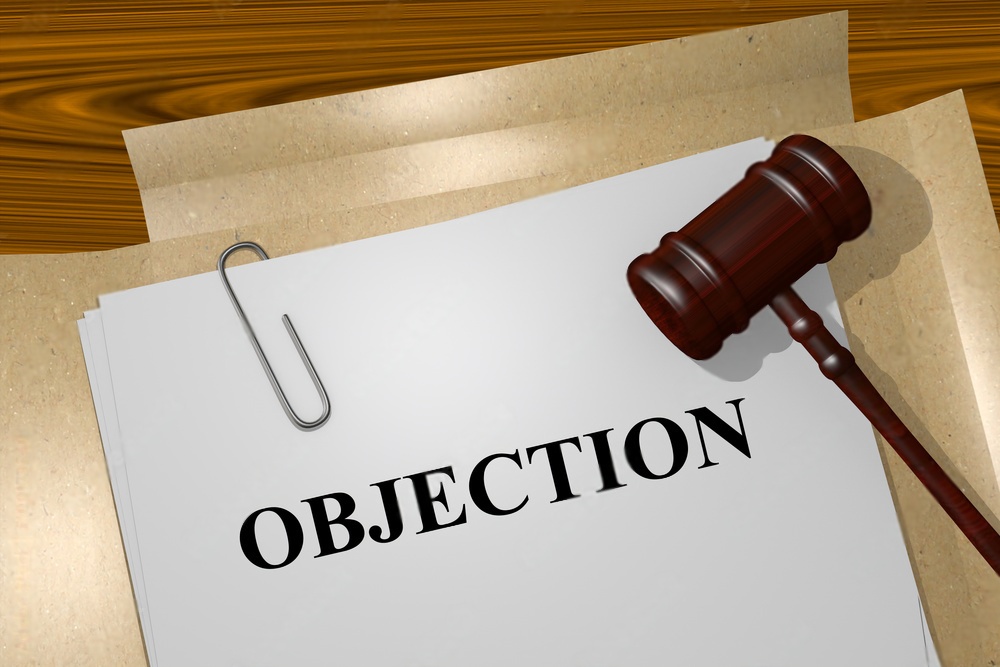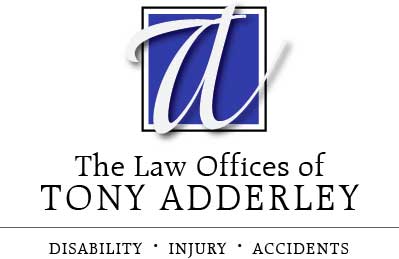Evidence Objection
Objecting to medical evidence in you file
Objecting to medical evidence during Social Security disability hearings can be a difficult task without the proper guidance. If you are in the process of objecting to medical evidence at a Social Security disability hearing, here are a few steps to help you prepare.
- Do Your Research: Before you start objecting to medical evidence in your Social Security disability hearing, take the time to learn about the details of the case. Review the medical evidence presented, including any written documentation or expert testimony. Also, look into Social Security regulations and rulings so that you can fully understand the legal precedent.
- Identify Areas of Concern: Once you’ve reviewed the evidence presented at the hearing, begin to identify areas of concern or inconsistencies. It’s important to have a clear reason for objecting to the medical evidence, so make sure you have a valid argument that is based on fact.
- Confirm Objections with Witnesses: Once you have identified areas of concern, it’s important to confirm them by questioning witnesses during the hearing. Ask direct questions that will bring the facts to light and validate your objections.
- Present Your Argument: During the hearing, make sure you clearly lay out your argument in an organized manner. Explain how the medical evidence does not support your case and why the Social Security Administration should look more closely at the facts.
- Follow Up: Lastly, it’s important to follow up after the hearing to ensure that the Social Security Administration has taken into account your objections to the medical evidence. If there are any questions or issues that weren’t addressed, make sure you reach out to the appropriate parties.
By following these steps, you can better prepare yourself for objecting to medical evidence at Social Security disability hearings. Having a clear understanding of the case and a well-defined argument will be your best bet when it comes to presenting your objections in a meaningful way.

What lawyers do to object to medical evidence
Social Security lawyers may object to evidence that they believe is irrelevant, immaterial, or not based on sufficient facts. They may also challenge the credibility of witnesses or the admissibility of documents. Additionally, Social Security lawyers may argue that the evidence does not meet the required legal standard for proving the client’s case.
Evidence that is considered to be objectionable in Social Security claims includes improperly recorded or incomplete medical records, personal opinion instead of factual evidence, misleading or false statements, irrelevant personal information, and hearsay.
When objecting to a Social Security medical examiner's report, it is important to fully understand the language used in the report, and any specific legal or procedural issues that the report raises. It is also important to present any facts, evidence, or legal arguments to support your objection. You should also ensure that you provide any relevant documentation and/or witness testimony that supports your objection. Finally, you should ensure that your objection is addressed and submitted to the relevant entity in a timely and comprehensive manner.
When a person objects to an examiner's report, they must do so before a hearing or a disability appeal tribunal. The objection should be in writing, and can be submitted to the court or tribunal's clerk or made at the hearing. The person should be as specific as possible in their objection, and should provide detailed reasons for why the report should be rejected. They may also want to cite relevant case law and medical opinions to support their argument.
If you are dissatisfied with the Social Security examiner's report, you can file a written objection with the hearings office. You must include explanations why you believe the Social Security examiner's report is incorrect or incomplete. Be sure to provide detailed reasons, provide documents to support your claims (if any), and state the facts you believe are necessary to correct or modify SSA’s original decision. The SSA will then review the appeal and issue a new decision.

